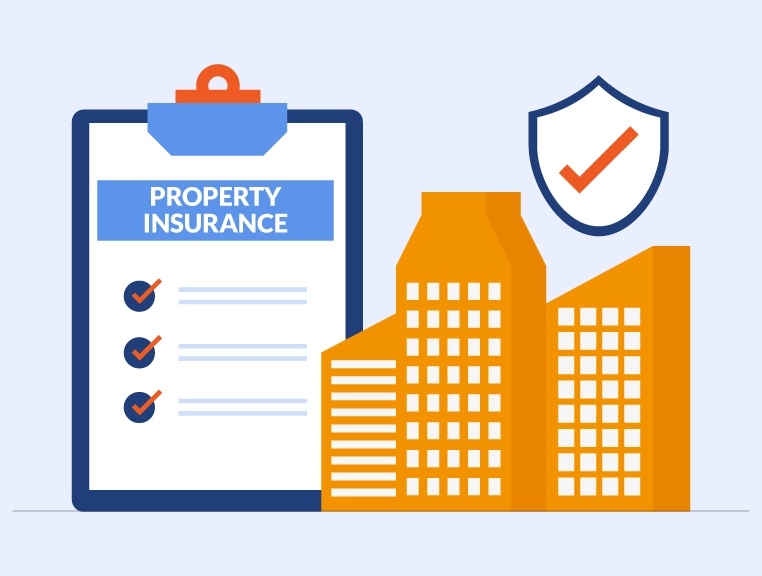If you are looking for commercial property insurance to ensure your business, the following are the factors that can be deployed to decide premium rates:
1. Geography –
With this, the insurer can determine environmental risks which your business can face, like an earthquake, flooding, etc. For instance, if your company is situated near the seashore, the insurer can charge an extra premium to cover the risk of flooding, etc.; the possibility of which is high in this case.
2. Size of the business premise –
Undoubtedly, a large office or factory building will cost more to insure than smaller premises, like a single room.
3. Safety and security –
How much safety equipment have you installed in your company? Is your company located in a theft-prone area? Or, does your business engage in hazardous activities? The answers to these questions can affect the premium of your property insurance policy.
4. Age of building –
As old buildings are more susceptible to losses or damages, insurers charge high property insurance premiums. For instance, a fire erupting at your business premise due to short-circuit in the old electrical wiring could translate into expensive repairs if the building requires being rebuilt again. For such old buildings, the insurer will charge a high premium.
5. Type and age of equipment –
If your business involves the use of heavy equipment and machinery, the insurer will charge an exorbitant premium to cover them. Similarly, the age of the equipment also determines your insurance premiums. You may likely pay a higher premium if your equipment is difficult to repair because of scarcity or if it’s likely to get damaged more frequently due to heavy use.
6. Replacement value vs claim after deduction –
Replacement value coverage means the insurer would make a payout that would be enough to replace damaged items with brand-new equipment. Then you can also go with the other option, under which the insurer makes a payout after deducting depreciation. Also, on the brighter side, such types of insurance policies cost less.
How to get the right coverage amount for your Property Insurance?
As now you can see, there are various factors that help in generating premium quotes for commercial property insurance policies. But taking time to analyze all these facts means carefully, you’ll buy a custom-fit property insurance policy for your business. This way, you can have the right coverage without paying an excessive premium amount. And should unforeseen situations strike, your business will be on its feet. It’s a better thing than picking up a property insurance policy that might look right only to realize later that it is not sufficient to cover your expenses.
Read More: What is property insurance and How to buy it?
Insurance is a tricky field, and therefore, to ensure that you choose the right property insurance policy, you can take the help of corporate insurance advisors like SecureNow. It will help you in finding the right insurance plan. You only need to submit some basic details about your requirements and business. And you may receive insurance quotes, obtained from different insurance companies. Can compare these in choosing the one and in this way, you can find a policy that offers extensive coverage at affordable rates.
Overall, the purpose of commercial property insurance is to secure your business from unforeseen events and monetary losses that you would have to incur if any mishap arises. So, instead of focusing only on decreasing premium rates, one should focus more on finding comprehensive property insurance even if it means shelling out extra premiums. Remember, under-insurance is equal to no insurance.
About The Author
Shivani
MBA Insurance and Risk
She has a passion for property insurance and a wealth of experience in the field, Shivani has been a valuable contributor to SecureNow for the past six years. As a seasoned writer, they specialize in crafting insightful articles and engaging blogs that educate and inform readers about the intricacies of property insurance. She brings a unique blend of expertise and practical knowledge to their writing, drawing from her extensive background in the insurance industry. Having worked in various capacities within the sector, she deeply understands the challenges and opportunities facing property owners and insurers alike.




